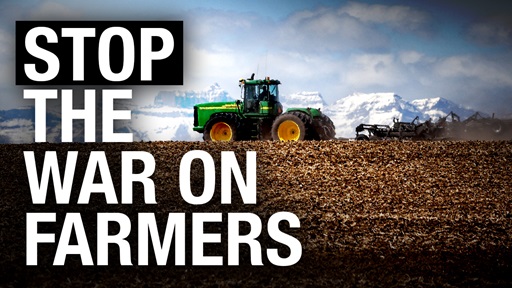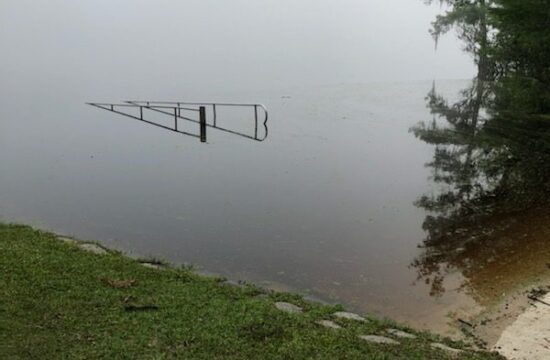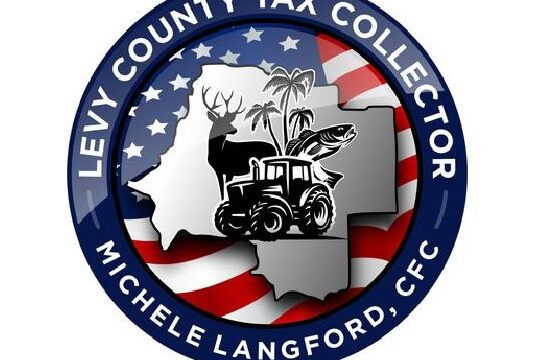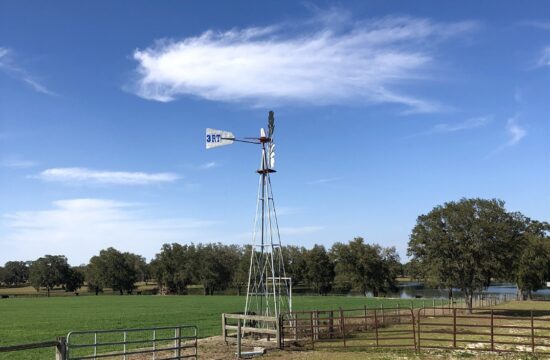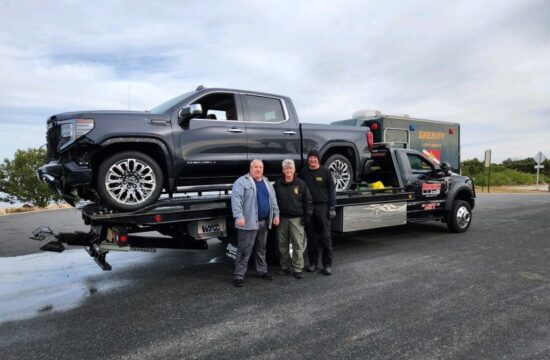By Terry Witt -Spotlight Senior Reporter
A Florida Department of Environmental Protection official says applicants for composting sites can’t just dump horse manure in Levy County without local approval.
Katheryn Craver, outreach and communications director for DEP, said if an applicant meets all state rules and regulations, they must still meet any local, state, or federal requirements.
Residents living east of Williston and in Morriston were worried that if DEP granted site approval for manure composting facilities proposed in their neighborhoods there was nothing the county could do to stop it.
That’s not the case.
Craver was responding to a public information request from Spotlight regarding manure composting rules and whether local Land Development Code regulations must be met by applicants before manure composting sites can be operated.
Applicants Can’t Escape County Regulations
“The county attorney, Nicolle Shalley, says composting isn’t a permitted use in the LDC. Can DEP ignore the county’s LDC and grant authority for dumping of manure on sites like the one you are discussing in this letter without county land use or zoning approval?” Spotlight asked.
“If an applicant meets all applicable state rules and regulations, a SOPF (Source Separated Organic Processing Facilities) can be granted. However, it is important to note, SOPF registrations granted by the state do not relieve any person from compliance with any local, state, or federal requirements,” Craver said.
Spotlight also asked if manure composting was considered farming, production farming, or production agriculture by DEP?
“Manure composting is composting and is not an agricultural practice unless classified as such by FDACS (Florida Department of Agriculture and Consumer Services,” Craver said.
“Is DEP investigating what’s going on in Levy County regarding manure composting activities?” Spotlight asked.
“DEP regulates facilities that meet requirements of all applicable (FDEP) rules and regulations. These facilities are routinely inspected at a minimum of every four years,” Craver responded.
County Moratorium Enforceable
Spotlight said the Levy County Commission adopted a resolution in February of 2022 essentially stating that the dumping of horse stall waste wasn’t a permitted use in Levy County and is prohibited. Does DEP consider the moratorium established law and will it honor the moratorium by denying applications for dumping of horse stall waste in Levy County?
Craver repeated her earlier response that all local rules and regulations must be met by the applicant before any manure dumping can occur.
“If an applicant meets all applicable rules and regulations, a SOPF registration can be granted. However, SOPF registrations granted by the state do not relieve any person from compliance with any local, state, or federal requirements,” Craver said.
Craver was asked what type of discussions were taking place between county staff and DEP regarding horse stall waste dumping in Levy County.
“Discussions include outreach to help the county understand state requirements for Source Separated Organic Processing Facilities,” Craver said, She added that county staff was informed that an approved SOPF registration granted by the state does not relieve any person from complying with local, state, and federal regulations.
There have been questions raised by some county commissioners wondering if the county’s land development regulations carried any weight or did DEP regulations trump any local rules. They wondered if it was worth the trouble to adopt an ordinance governing manure composting.
The answer is, yes, the county’s LDC carries considerable weight with the state.
Stop Commercial, Industrial Manure composting
Spotlight’s position on manure composting is two-fold. The county should prohibit the importation or transportation of bulk manure, including horse stall waste into the county for composting. Substantial financial penalties should be levied for each load illegally hauled into the county after the regulation is in place.
Spotlight’s position is also that all commercial and industrial manure composting should be prohibited countywide in all land use and zoning classifications without exception, and current manure composting facilities, which were opened illegally without county land use approval, should be closed and the manure compost incinerated or transported to a lined landfill.
Levy County Commissioners have generally indicated they don’t want compost manure dumped in their landfill. If that is the case, it would have to be hauled elsewhere, perhaps New River Regional Landfill at the owner’s expense. Substantial fines would be imposed on the owner for every day past the imposed county commission deadline.
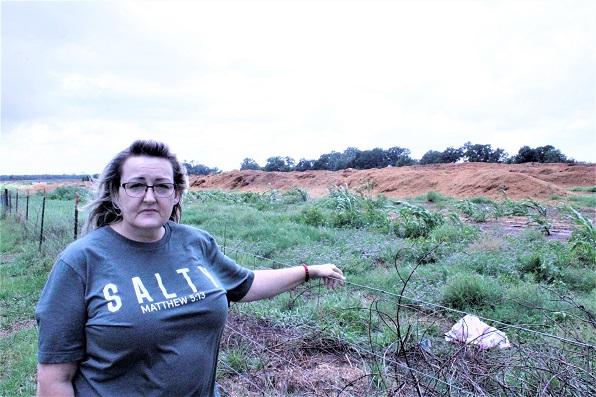
—————————-
Enterprise Reporting July 4, 2023; Posted July 4, 2023



